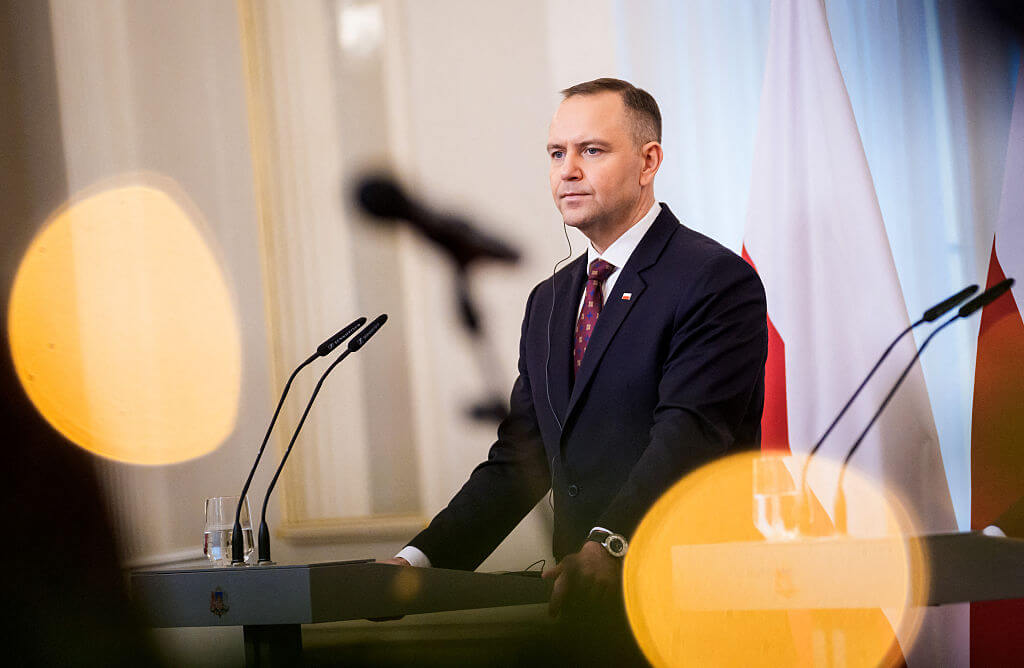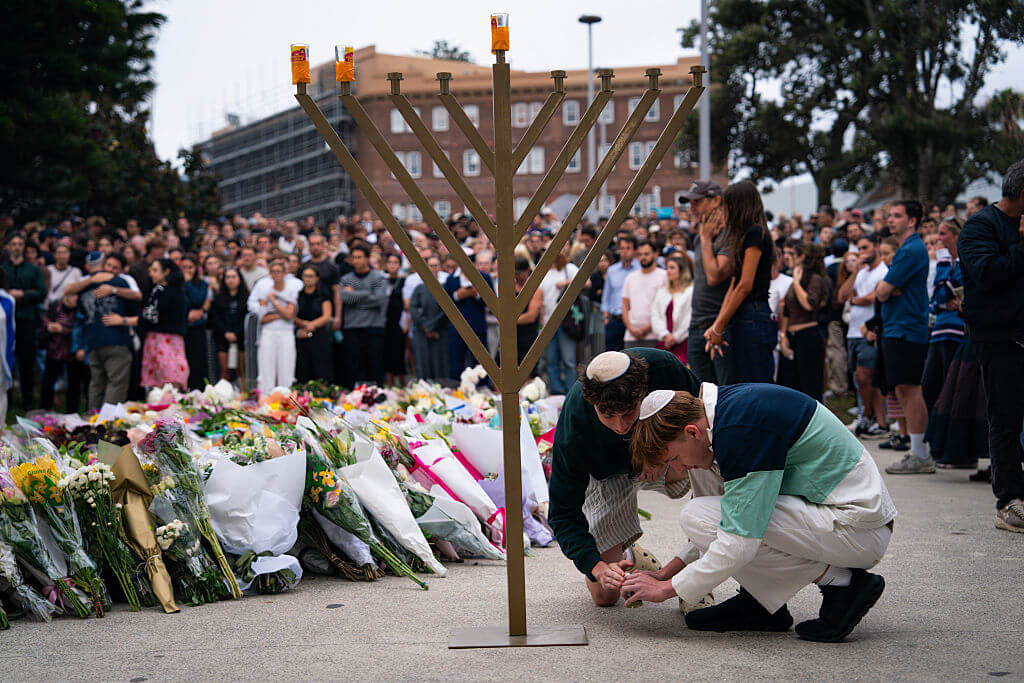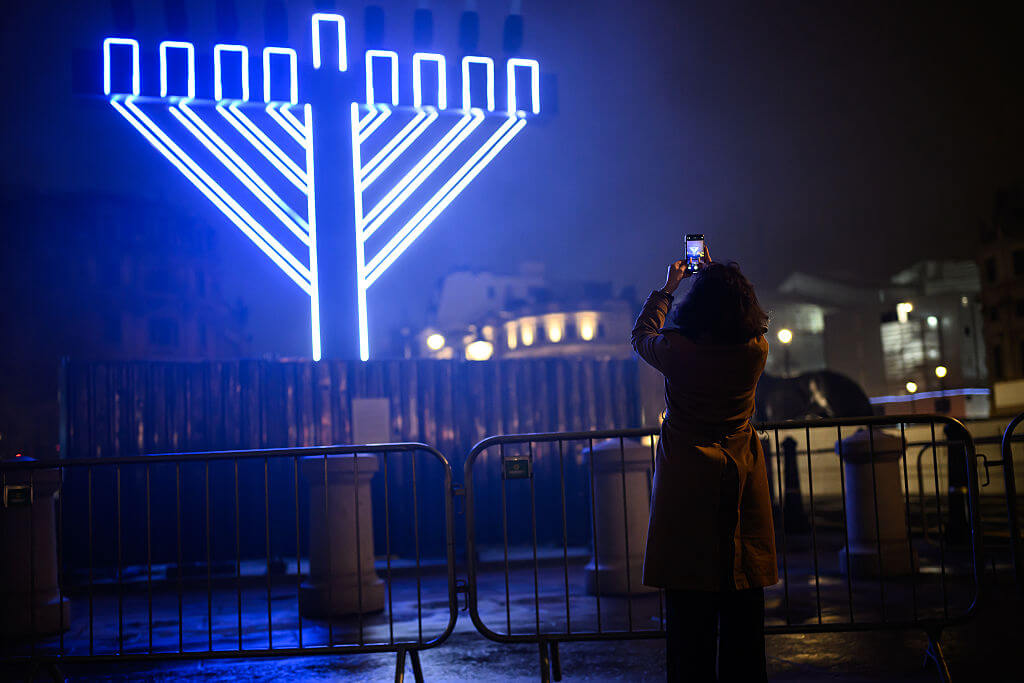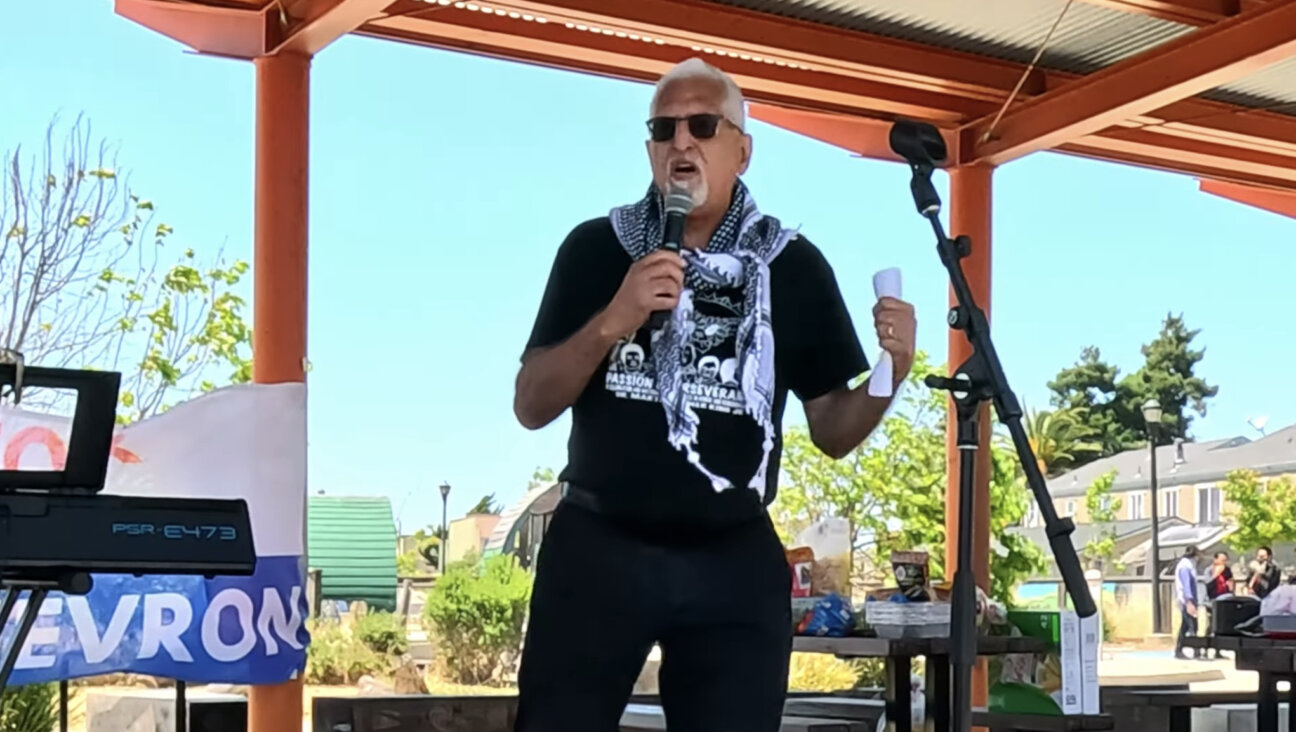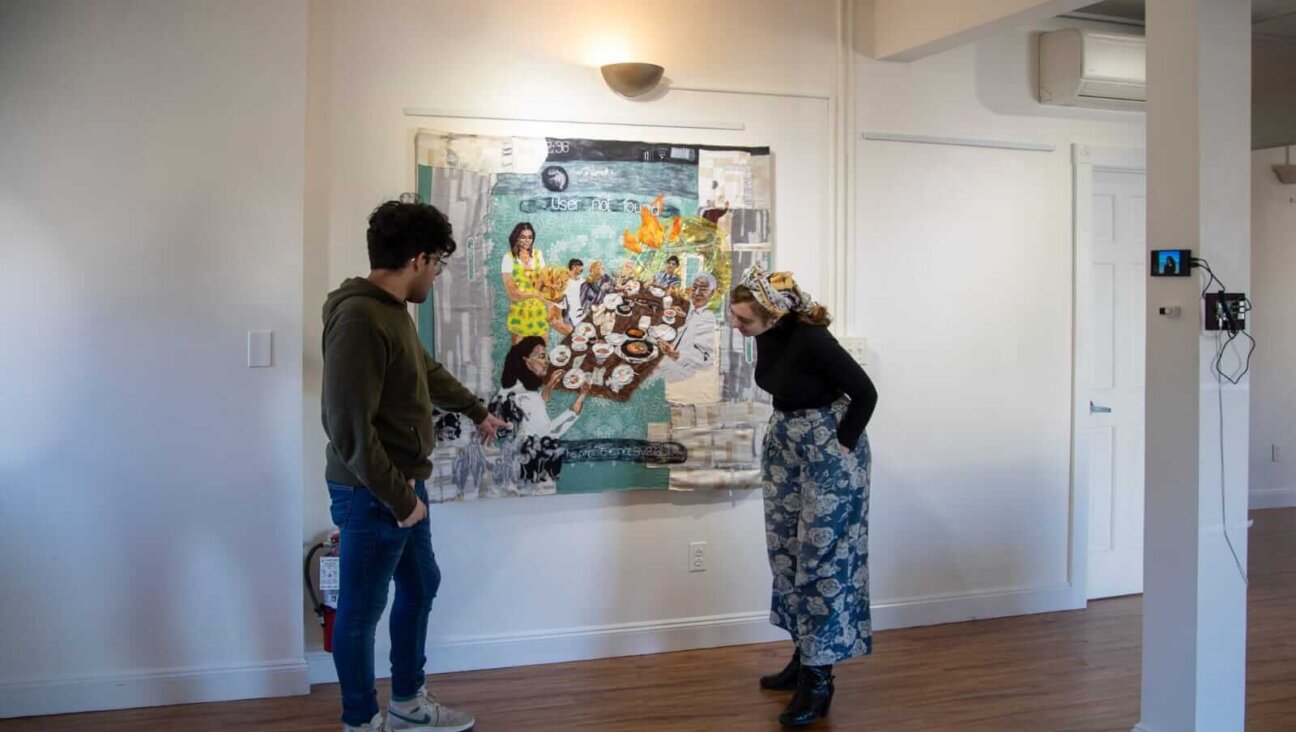Greece Must Acknowledge Its Complicity in the Shoah
Today, as European nations continue to struggle with the legacy of the Holocaust, the role of the Greek state in facilitating genocide against its own Jews remains unacknowledged and ignored. Greece has rarely confronted its past; but with increasing demands for all nations to face their history, it is time that Greece followed suit.
The fulcrum of the Holocaust in Greece was the northern port city of Salonika, a now-thriving corner of southeastern Europe that portrays itself as the “Gateway to the Balkans.” As my research on recently opened Greek archival papers demonstrates, in March 1943 the Nazi German occupiers of Greece — willingly assisted by Greek officials at all levels, and by the Greek police — began deporting Jews from Salonika to the extermination camp at Auschwitz-Birkenau.
Non-Jews, according to eyewitness accounts, demonstrated indifference to the fate of their Jewish compatriots, and after the deportations they engaged in mass looting of Jewish property. The Greek collaborationist prime minister at the time, Konstantinos Logothetopoulos, was considered so trustworthy that he received nearly two months’ advance warning of the deportations — a warning upon which he chose not to act. Out of a Salonika Jewish community of around 47,000 in 1943, barely 2,000 survived.
Not one of the Greek officials and policemen who participated in the deportations of the Jews to the death camps was ever prosecuted for this crime. Much of the stolen Jewish property has not been returned.
To this day, there has been no official recognition that the University of Salonika was built after the war on the site of a historic Jewish cemetery that dated back to the 15th century — a cemetery that the Greek state destroyed during World War II. It took Greece 54 years to erect a modest public memorial to the deported Jews, and even that required more than a decade of negotiations and lobbying.
My research has shown that forgetting Greek non-Jews were voluntary accessories in the murder of their Jewish compatriots is part of a policy of historical amnesia that began with the concoction of wartime propaganda to win Allied sympathy. A narrative was constructed by Greek diplomats that emphasized the courageous resistance of a few non-Jews and ignored the more widespread phenomena of collaboration and indifference.
A fervently nationalist state, Greece likes to forget the unique contribution of Salonika Jews to the country’s history and that of Europe. For centuries, Jews were a majority in Salonika, a city with a Jewish character that allowed numerous other religious and ethnic communities to coexist.
The city’s Jews, who had been expelled from Spain and Portugal during the late 15th century, brought their language and traditions with them, making Salonika the world’s greatest center of Sephardic culture. Yet the Jewish history of one of the most important cities in southeastern Europe is overlooked, both by the state and by too many historians in Greece.
Instead of accepting the past and the moral lessons of genocide, Greece portrays itself as a country that almost alone among the European nations has a clean conscience about what happened on its soil during the Holocaust. By contrast, other European countries have realized that such a whitewash of history is no longer acceptable.
In Belgium, the government apologized in 2002 for collaboration during the Holocaust and then commissioned a panel of inquiry. Last month the panel issued a report, titled “Docile Belgium,” that paints a bleak picture of a country that failed its most vulnerable citizens at their moment of greatest need.
Sadly, there is no such introspection in Greece, a country where archives have been extensively purged and where the remaining papers are closely guarded. In Salonika, the descendants of those who assisted the Germans in their program of genocide, or of those who turned a blind eye to the deportations, or of those who stole Jews’ belongings, now live in a city in which most traces of the Jewish past have been efficiently erased.
The Greek state has forgotten its past; its citizens are simply unaware of it.
Andrew Apostolou wrote his doctoral dissertation at Oxford University on the Holocaust in Greece.
